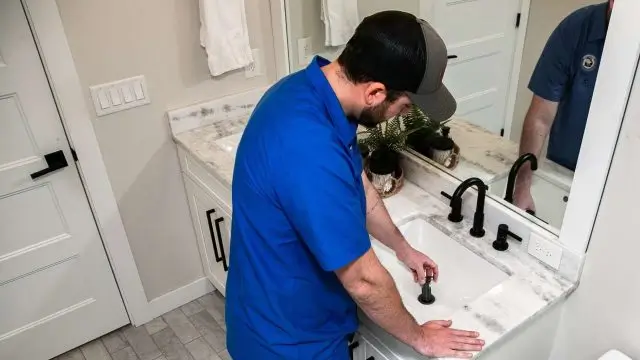10 Common Causes of Clogged Drains
As homeowners, we often take our drains for granted until they become clogged and cause major inconvenience. Clogged drains are a common issue that many of us have experienced at some point in our lives. Not only can they be frustrating to deal with, but they can also lead to costly repairs if not addressed promptly.
In this blog post, we will explore the top 10 common causes of clogged drains and provide you with helpful tips on how to prevent them from happening. By understanding these causes, you can take proactive measures to keep your drains flowing smoothly and avoid any potential headaches down the road.
Why Clear Drains Matter?
Clear drains are essential for a smoothly running household or business. Blocked drains can lead to unpleasant odors, slow water drainage, and even water damage that can be costly to repair. Let's take a closer look at why maintaining clear drains is so important for both residential and commercial settings.
Residential Settings
In homes, clogged drains can disrupt daily routines and cause significant inconvenience. Imagine starting your day with a blocked shower drain or a kitchen sink that won't drain—it's not a pleasant scenario. Clear drains help prevent these disruptions, ensuring that your home remains comfortable and functional. Additionally, regular maintenance of your drains can save you money in the long run by preventing potentially costly repairs.
Commercial Settings
In commercial settings, clogged drains can lead to unsanitary conditions and put a halt to operations. For restaurants and hotels that heavily rely on functioning plumbing systems, a blocked drain can have severe consequences for business operations and customer satisfaction. By keeping drains clear, businesses can maintain a clean and safe environment while minimizing any disruptions to their daily operations.
What are the Causes of Clogged Drains?
Understanding the common causes of clogged drains is the first step in preventing them. Here are ten culprits that often lead to blockages in residential and commercial plumbing systems.
1. Grease and Fat
Grease and fat may seem harmless when liquid, but they solidify as they cool, leading to clogs in kitchen sinks. These substances coat the insides of drainpipes, trapping other debris and causing blockages.
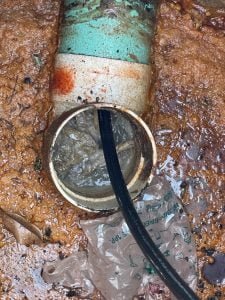
Prevention Tips
- Avoid pouring grease or fat down the drain.
- As required by local laws, restaurants, and commercial facilities must follow proper disposal methods.
- Use hot water to rinse dishes and pans to prevent grease buildup.
2. Hair
Hair is one of the most common causes of clogged drains, especially in bathrooms. It can easily get trapped in the drain and combine with soap and grease, forming stubborn clogs.
Prevention Tips
- Use drain covers to catch hair before it goes down the drain.
- Regularly clean the drain cover to remove accumulated hair.
- Consider installing a hair trap in the shower drain.
3. Soap Scum and Detergent Buildup
Soap scum and cleaning detergents, especially laundry detergents used at home, are common causes of clogged drains. Just like soap scum, detergents combine with minerals in water to form a hard residue that builds up over time, narrowing drain pipe passages similarly to how cholesterol clogs veins. This issue is prevalent in both residential and commercial settings.
Prevention Tips
- Use liquid soap instead of bar soap.
- Regularly clean the drain with vinegar and hot water.
- Install a water softener to reduce mineral buildup.
- Periodically perform Hydrojetting ("jetting") by a professional plumber to clear out accumulated residue in the drainpipes.
4. Foreign Objects
Foreign objects like jewelry, toys, and sanitary products can accidentally end up in drains, causing blockages. These objects can get stuck in the pipes or create a buildup, leading to plumbing issues.
Prevention Tips
- Keep small items away from sinks and drains.
- Educate family members about what should and shouldn't go down the drain.
- Use drain guards to prevent objects from falling in.
5. Mineral Buildup
Hard water can cause mineral buildup in pipes, leading to reduced water flow and clogs. These minerals can also combine with other debris, further exacerbating the issue.
Prevention Tips
- Install a water softener to reduce mineral content.
- Regularly flush your pipes with vinegar to dissolve mineral deposits.
- Use descaling agents to prevent buildup.
6. Food Waste
Food waste can easily clog kitchen sinks, especially if you don't have a garbage disposal. Small food particles can also get trapped in the pipes and lead to blockages over time.
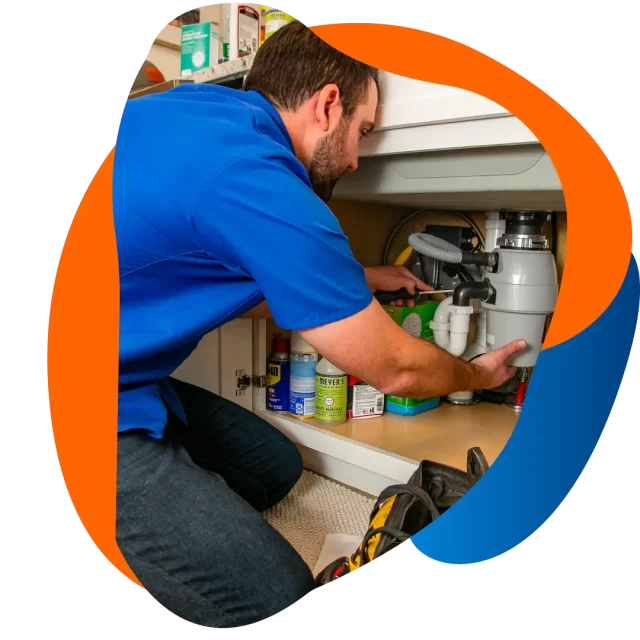
Prevention Tips
- Dispose of food waste in the trash or compost bin.
- Use a sink strainer to catch food particles.
- Run cold water while using the garbage disposal.
7. Toiletries
Flushing toiletries like sanitary wipes, baby wipes, cotton balls, and Q-tips can lead to clogs in your toilet or sewer line. These items do not break down easily and can cause blockages in your pipes.
Prevention Tips
- Only flush toilet paper down the toilet.
- Keep a trash bin near the toilet for disposing of toiletries.
- Educate household members about what should and shouldn't be flushed.
8. Structural Damage
Structural damage such as cracks, collapsed pipes, or misaligned joints can also cause clogged drains. These issues can occur due to aging pipes, extreme weather conditions, or tree root infiltration.
Prevention Tips
- Regularly inspect your plumbing system for signs of damage.
- Address any structural issues promptly to prevent further damage.
- Call a professional plumber for repairs if needed.
9. Tree Roots
Tree roots can infiltrate underground pipes, causing severe blockages and damage to your plumbing system. If you have trees near your sewer line, their roots may eventually grow into the pipes, seeking moisture.
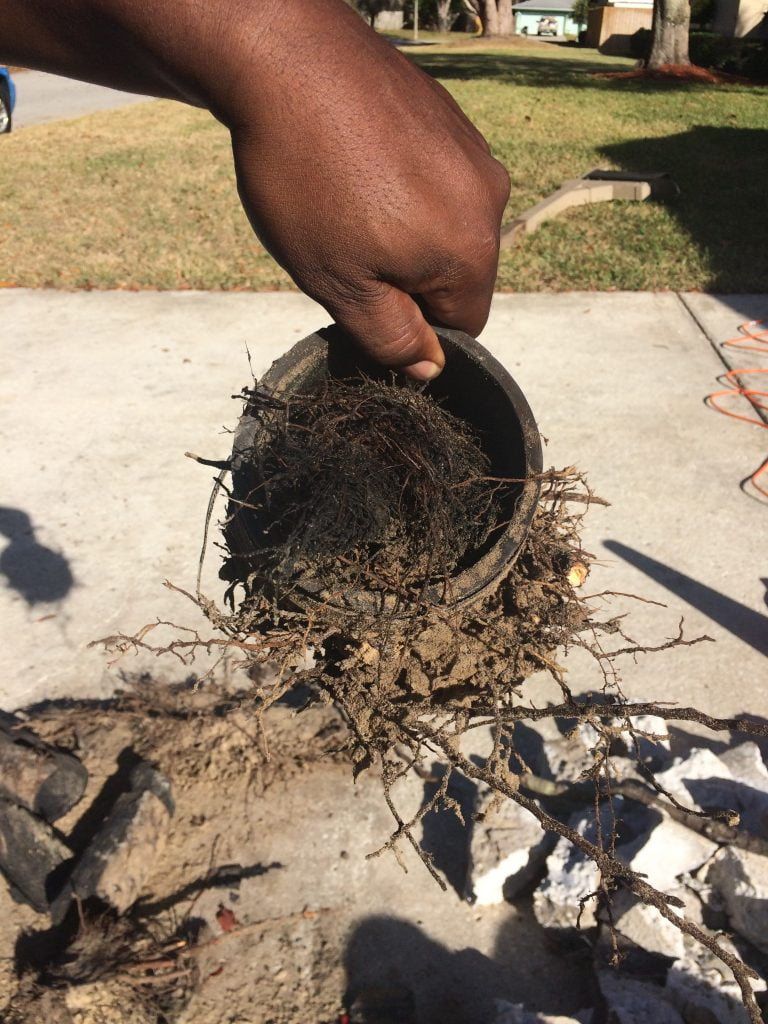
Prevention Tips
- Regularly inspect your pipes for signs of root infiltration.
- Plant trees away from your plumbing system.
- Call a professional plumber to assess and address root issues.
10. Poor Drainage Design
Poor drainage design, such as inadequate pipe size or incorrect slope, can cause water and debris to accumulate in the pipes and lead to clogs. This issue commonly occurs during construction or renovation projects.
Prevention Tips
- Hire a professional plumber to assess your drainage design before any major construction or renovation work.
- Ensure that your plumbing system is up to code.
- Regularly check for any drainage issues and address them promptly.
The Risks of Ignoring Clogged Drains
Neglecting clogged drains can lead to serious problems that go beyond mere inconvenience. Here are some potential risks and hazards associated with untreated clogged drains.
Water Damage
Clogged drains can cause water to back up and overflow, leading to water damage in your home or business. This can result in costly repairs to walls, floors, and furniture.
Structural Damage
Water can weaken the structure of your property when it seeps into walls, floors, and foundations. This can lead to structural damage that requires extensive and expensive repairs.
Health Hazards
Standing water from clogged drains can become a breeding ground for bacteria and mold, posing health risks to occupants. It can also attract pests like mosquitoes and rodents.
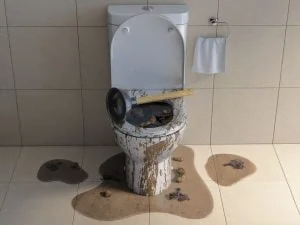
Foul Odors
Clogged drains often emit foul odors due to stagnant water and trapped debris. These unpleasant smells can be persistent if the issue is not addressed, making it uncomfortable for inhabitants and customers.
Plumbing Emergencies
Untreated clogged drains can escalate into plumbing emergencies, such as burst pipes or sewage backups. These issues require immediate attention and can be costly to fix.
When to Seek Professional Help?
While minor clogs can often be resolved with DIY methods, persistent or severe clogs require professional intervention. Moreover, there are many benefits of getting drains professionally cleaned and inspected regularly. Here are some signs that it's time to call a professional plumber:
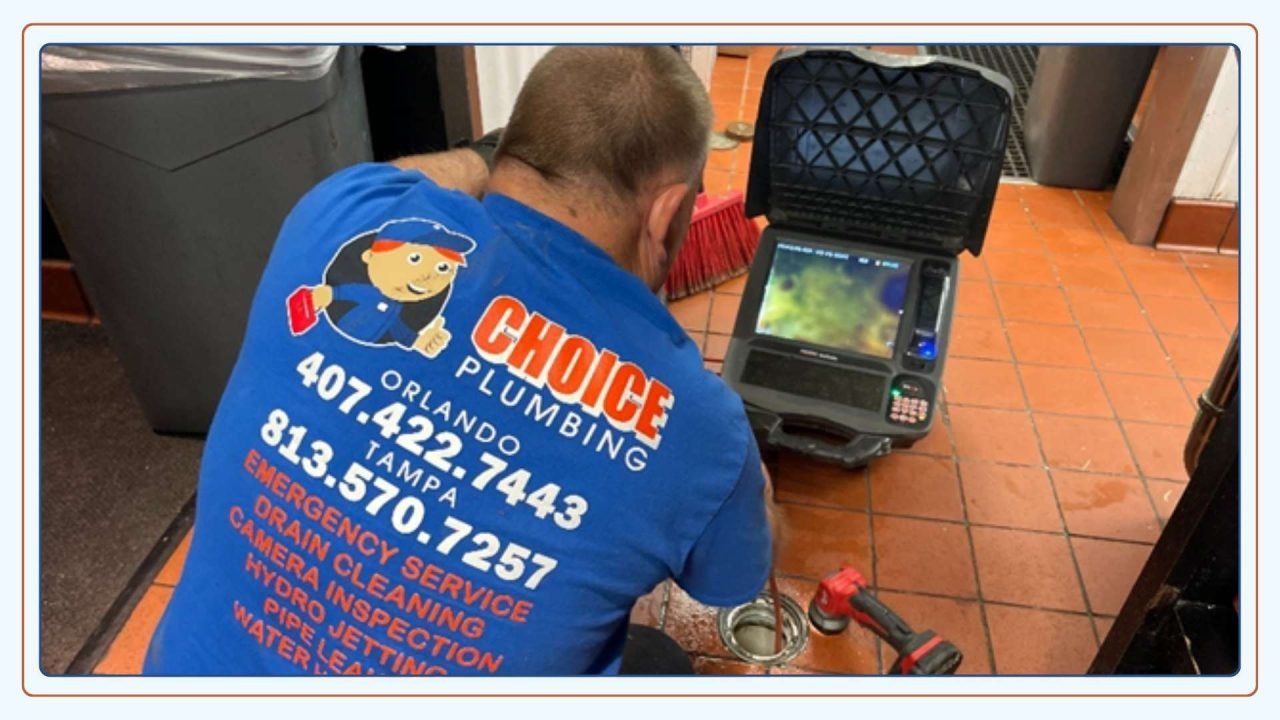
Frequent Clogs
If you find that your drains are frequently clogging despite your best efforts, it's time to seek professional help. Recurring clogs can indicate a deeper issue that requires specialized equipment and expertise.
Multiple Clogged Drains
If you have multiple drains in your home or business that are experiencing clogs simultaneously, it could indicate a larger issue with your plumbing system. A professional plumber can assess and address the root cause of the problem.
Slow Drainage
Slow drainage is a common sign of underlying issues such as clogs, mineral buildup, or damaged pipes. If plunging or using drain cleaning products doesn't solve the issue, it's best to consult a professional plumber.
Unusual Noises
Gurgling sounds coming from your drains may indicate an obstruction in your pipes. These unusual noises should not be ignored, as they can be a sign of a more significant issue that requires professional attention.
Foul Odors
Persistent foul odors coming from your drains could indicate a buildup of debris or sewage backup. A professional plumber can safely and effectively address these issues to eliminate the unpleasant smell.
To Conclude
Regular drain cleaning and maintenance is essential in order to avoid costly repairs and emergency situations. At Choice Plumbing Orlando, we offer a variety of drain cleaning services for all types of drains, including kitchen sinks, bathroom sinks, showers, bathtubs, and main sewer lines.
Our experienced drain plumbers in Orlando are equipped with the latest tools and techniques to efficiently clean your drains and unclog any blockages. With our 24/7 emergency service, you can trust us to handle any plumbing issue that may arise. Plus, our online booking system makes it convenient for you to schedule an appointment at a time that works for you.
Don't let clogged drains disrupt your daily routine. Contact Choice Plumbing Orlando today for reliable and affordable drain cleaning services!

